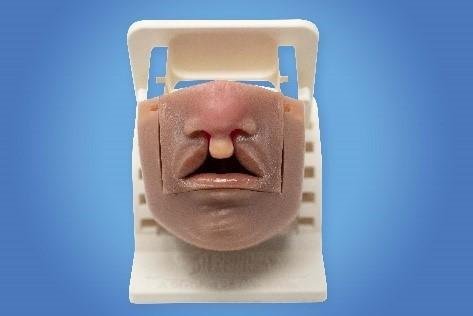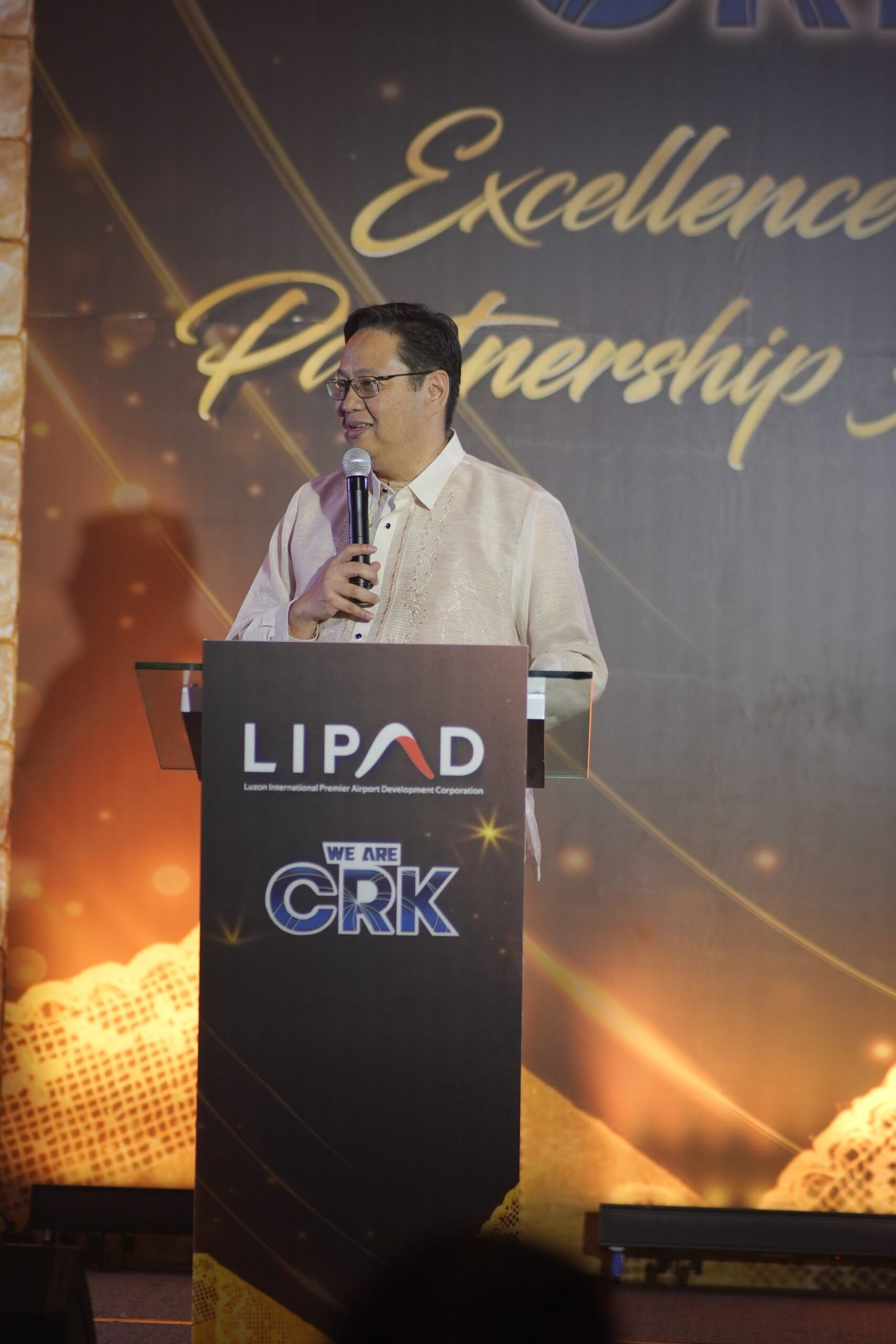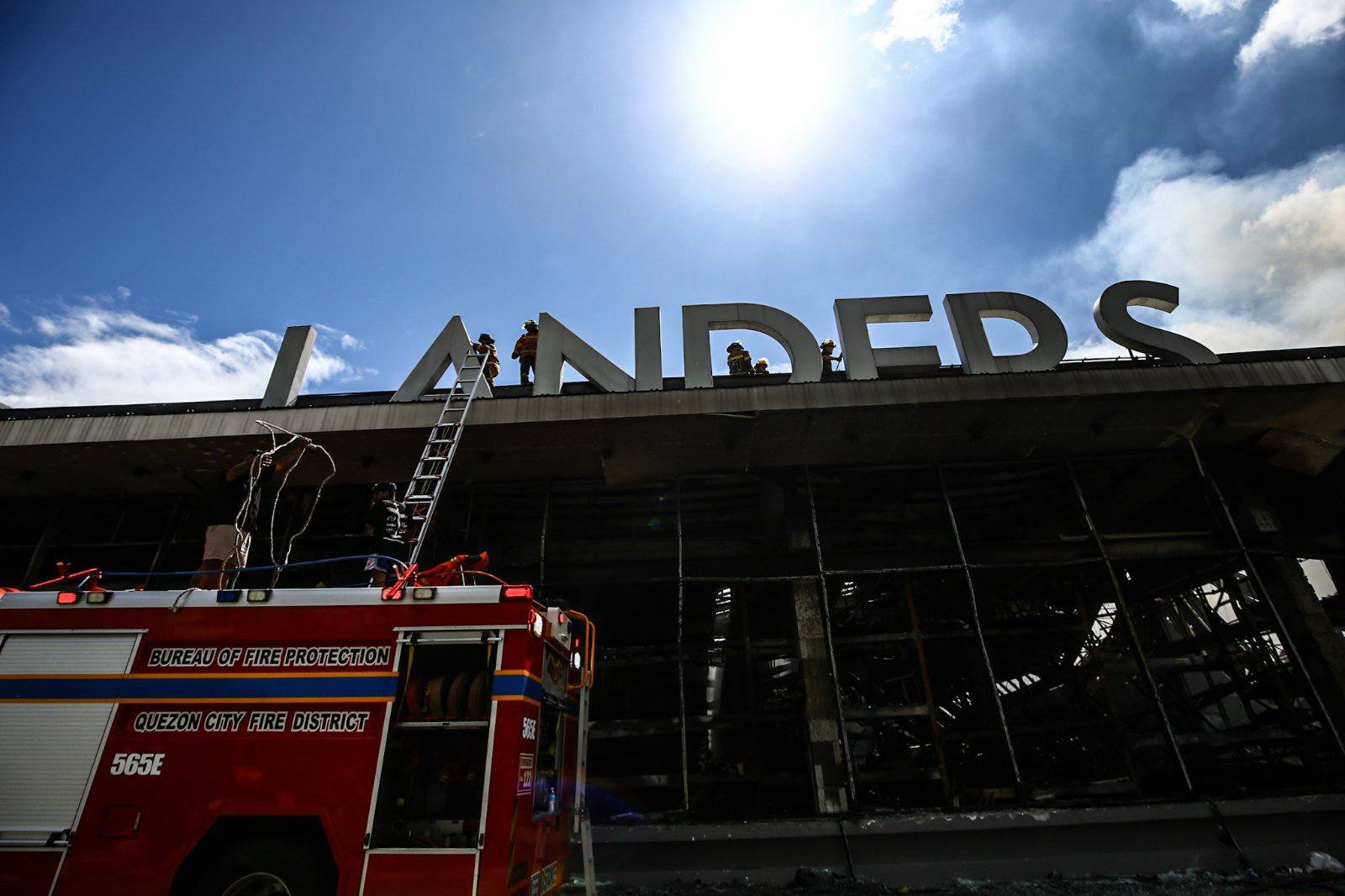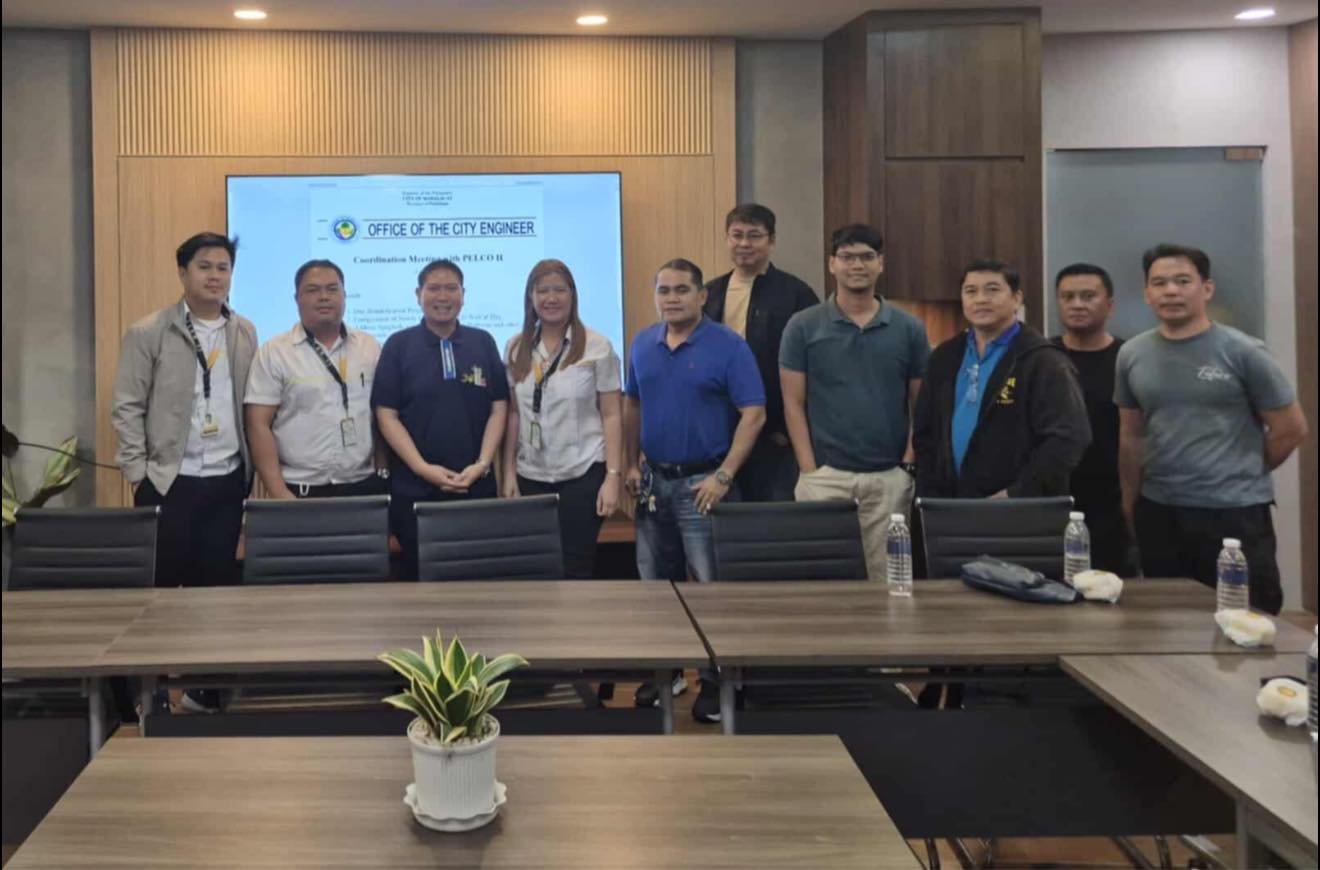Simulare Medical, a division of Smile Train, launches new simulator to accelerate the learning curve in Cleft Reconstructive Surgical Training & ultimately further care for cleft-affected children
Simulare Medical, a Division of Smile Train, Inc., has launched the newest innovation in its growing line of high-fidelity cleft surgical simulators, the first and only Bilateral Cleft Lip and Palate Simulator (patent-pending). To celebrate the launch, training workshops are being held today at the 79th Annual Meeting of the American Cleft Palate-Craniofacial Association (ACPA) in Fort Worth, Texas and in Metro Manila, Cebu, and Davao in the Philippines in partnership with the Philippines Association of Plastic Reconstructive and Aesthetic Surgeons (PAPRAS).



Developed by leading plastic surgeons to help accelerate the learning curve in cleft lip and palate reconstructive surgical training, the Simulare Medical Bilateral Cleft Lip and Palate Simulator is an anatomically accurate, lifelike, and invaluable training tool that will reduce patient risk, decrease training costs, and elevate the skills and confidence of surgeons globally.
Smile Train is the world’s largest cleft-focused organization. For more than 20 years, Smile Train has supported safe and quality cleft care for 1.5 million+ children globally.
“This latest innovation advances our vision of providing care for every cleft-affected person and demonstrates our commitment to leveraging technology to further education and change lives,” said Susannah Schaefer, President and Chief Executive Officer at Smile Train. “We’re deeply invested in continuing to evolve training that creates more sustainable health systems. We look forward to seeing this Simulator have a positive impact on cleft surgeons at the beginning of their career and longtime professionals looking to refine their skills as well as on our beneficiaries — regardless of the type of cleft they have.”
Though children around the world suffer from both unilateral and bilateral clefts, traditional cleft lip/palate simulators have only addressed unilateral clefts. This Simulator goes beyond that, introducing a tool that can address bilateral clefts (i.e., involving both sides of the mouth). This additional functionality opens the doors for surgeons and trainees to be able to treat more children with refined techniques.
Built with 3D technology, the Simulator uses printed materials to resemble the anatomy and different kinds of tissue, such as skin, muscle, and fat, found inside the mouth to create one of the most realistic models available today. In addition to the advanced technology, the musculature and soft-tissue layers were developed from literature descriptions and consultations with expert cleft surgeons. When local surgeons have access to the most advanced tools, it builds their capacity to provide the best care possible and empowers them to perform surgery safely no matter where they are in the world.
“Surgeons in low- and middle-income countries often face significant barriers to ongoing training. This simulator is more than just a revolution in training technology,” said Dr. Roberto L. Flores, the Joseph G. McCarthy Associate Professor of Reconstructive Plastic Surgery at NYU Grossman School of Medicine, Director of Cleft Lip and Palate at NYU Langone Health, and Member of Smile Train’s Global Medical Advisory Board. “It’s a way to advance equity, ensuring that a talented surgeon in Malawi has the same training opportunities as a surgeon in Dallas, and that babies born with a unilateral or bilateral cleft lip/palate have access to the same standard of care no matter where they live.”
“The Philippine Association of Plastic, Reconstructive, and Aesthetic Surgeons (PAPRAS) is honored to be a part of this global launch,” said Dr. Benjamin G. Herbosa, PAPRAS President. “This technology does not only allow us to provide more opportunities for learning, but also helps to encourage and inspire new surgeons to learn more about cleft surgery. We recognize Smile Train’s investments in innovation to further empower cleft professionals around the world. We are grateful to be a partner in this endeavor,” adds Herbosa.
With Simulare Medical handmaking its Simulators at its facilities in Canada, the division can ensure that each product is high-quality and will have an even greater impact on the patients who benefit from it. In international studies and training workshops, Simulare Medical surgical simulators are consistently recognized as a high-impact, hands-on, and low-cost way to develop and enhance surgical skills with no risk to patients.
Read more about access to safe, high-quality surgical training at smiletrain.org/simulare. To learn more about Smile Train’s global efforts, please visit smiletrain.org. Follow @SmileTrain on Facebook, Twitter, LinkedIn, and Instagram for updates on Simulare technology and training.













